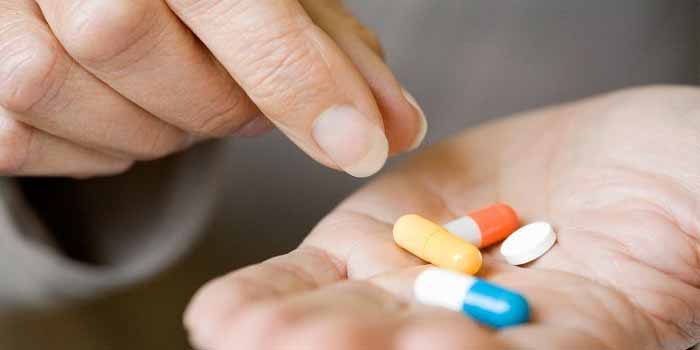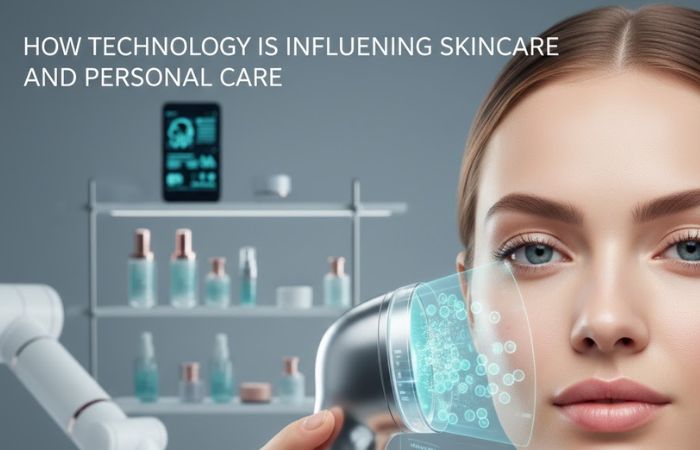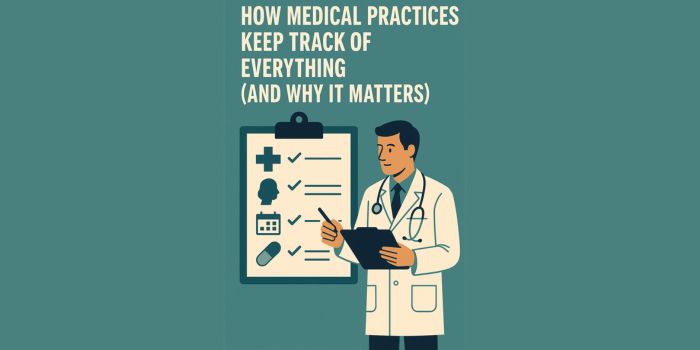ADHD or attention deficit hyper activity disorder is a behavioral disorder characterized by impairment in social and academic functioning. One of the ways of managing this disorder is through stimulant medications which work by stimulating neurotransmitter chemicals in the brain such as dopamine and adrenaline and correcting their imbalance. These two chemicals are part of the reward center of the brain which produces a feeling of high or buzz.
There are two kinds of stimulants for ADHD namely, methylphenidate and amphetamines. One of the most popular amphetamine includes Adderall which is also famous as college crack.
These pills may be abused by people suffering from ADHD, due to the dependency on these medicines long after their discontinuation and addictive nature or even by high school or college students who believe it will improve their academic performance.
They have stimulatory properties which causes euphoria and escalated mood and self-confidence leading to dependency. Some may even take them to improve focus and for losing weight. Whatever the reasons, ADHD medicine is reportedly one of the most commonly abuse drugs these days.
health2delivery is dedicated towards ensuring that no ADHD medication user abuses the drug, this is why we keep sharing information that is beneficial to the users and to parents
The medications may be swallow, snort or inject. The result is decrease need for sleep, and an increased ability to focus. However the report side effects include high blood pressure and heart rate. In large doses it may also cause strokes, hallucinations, delusions, mood swings and paranoia.
Identifying misuse and substance abuse
Prolonged substance abuse can cause drastic changes in health, behavior and performance. Some of the major symptoms include:
- Periods of sleeplessness
- Eating problems
- Unusually suspicious behavior
- Changes in academic performance
- Legal problems
Some of the physical indicators caused by long term abuse include
- Weight loss
- Seizure and strokes
- Dilated pupils
- Aggressiveness, frustration and irritability
- Delusions and hallucinations
- Depression
- fatigue
Parental guidance
Successful parenting involves a healthy open communication with your kids as well as supervision. These are some of the steps you can take to ensure your child doesn’t fall victim to substance abuse
- Do not set a bad example. Don’t abuse drugs or take unnecessary or copious amount of drugs.
- If your child suffers from ADHD and is taking stimulants, discuss the importance of using it in prescribed doses and the adverse effects of abuse.
- Keep the prescribe medicine lock away and quantity should be monitor.
- Don’t let your child who is taking prescribed stimulants share it with their friends. Be strict.
- If a family member takes these stimulants, put them out of reach and keep an eye on it.
- Educate yourself on warning signs of substance abuse.
- Notice behavioral patterns and have an open communication system with your child.
Drug addiction is becoming prevalent especially amongst teens and college kids. This epidemic is mainly due to either peer pressure or parental pressure to get good grades. The root cause of such problems need to addressed and preventative measures should be undertaken by parents to ensure young adults stay clear from drug and substance abuse.




